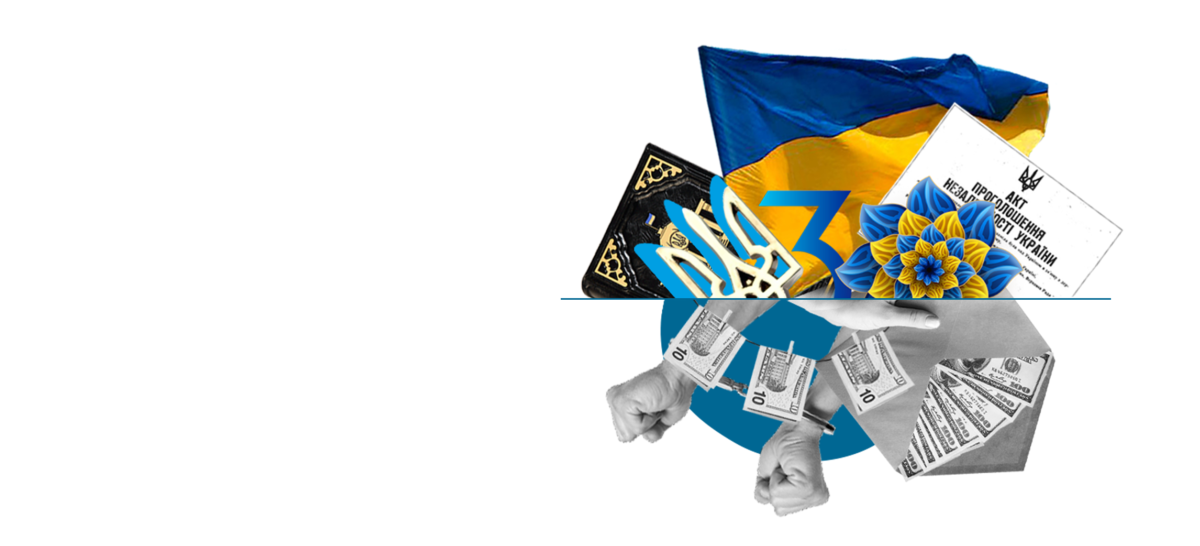

On August 24, 1991, Ukraine declared itself independent. Did our country know then that the concept of independence was not a “default” criterion, and it will still have to be defended?
Even from the first years of Independence, we already had legislation regulating declarations of officials and determining liability for corruption crimes. Various presidents have adopted anti-corruption programs and strategies to combat bribery. However, why did such actions prove inefficient too often?
Transparency International Ukraine decided to solve this mystery, and that’s why we created a special project “Independence or Corruption: Who wins.”
We considered the events that had the greatest impact on our country’s anti-corruption progress over the past 30 years. We also analyzed the development of the specialized legislation of Ukraine and recalled how the public procurement system changed — an area that has been considered one of the most corrupt in our country for years.
We have divided the entire timeline by period according to which president headed the country at one time or another. After all, it was almost always the persona of the head of state who directly influenced the course of the anti-corruption fight and the real interest of the authorities in overcoming this problem.
“Traveling through 30 years of history, we found that despite the declarative readiness of the authorities to fight corruption, our country showed real progress when ordinary Ukrainians joined the decision-making process,” says Andrii Borovyk, executive director of TI Ukraine.
Almost always, the course of the anti-corruption fight was influenced not so much by the president or the government that headed the country, but by Ukrainians who were engaged in making important decisions. Too often, it was on them that the future path of our country depended. How it was — find out from our special project for Independence Day.






